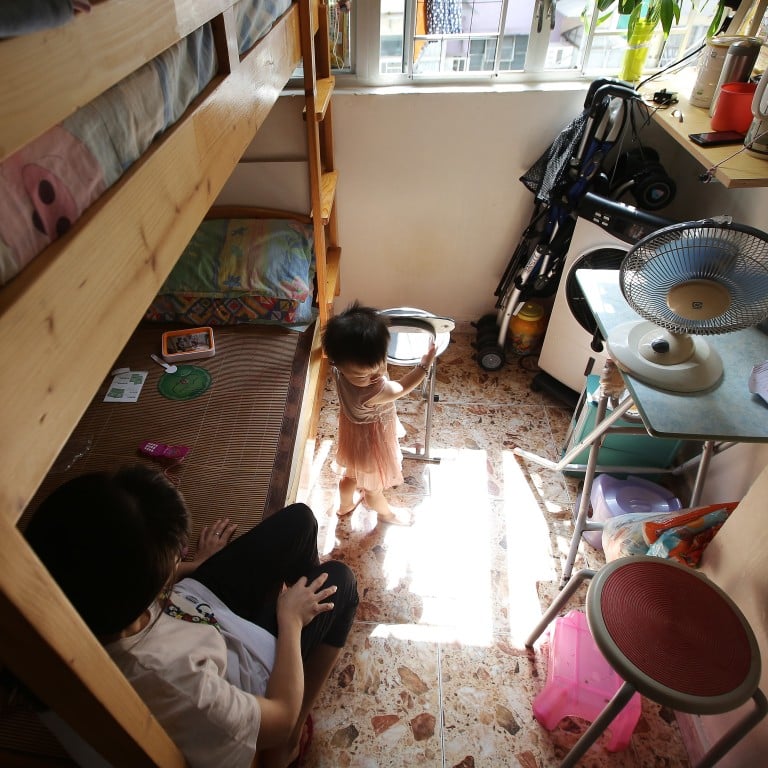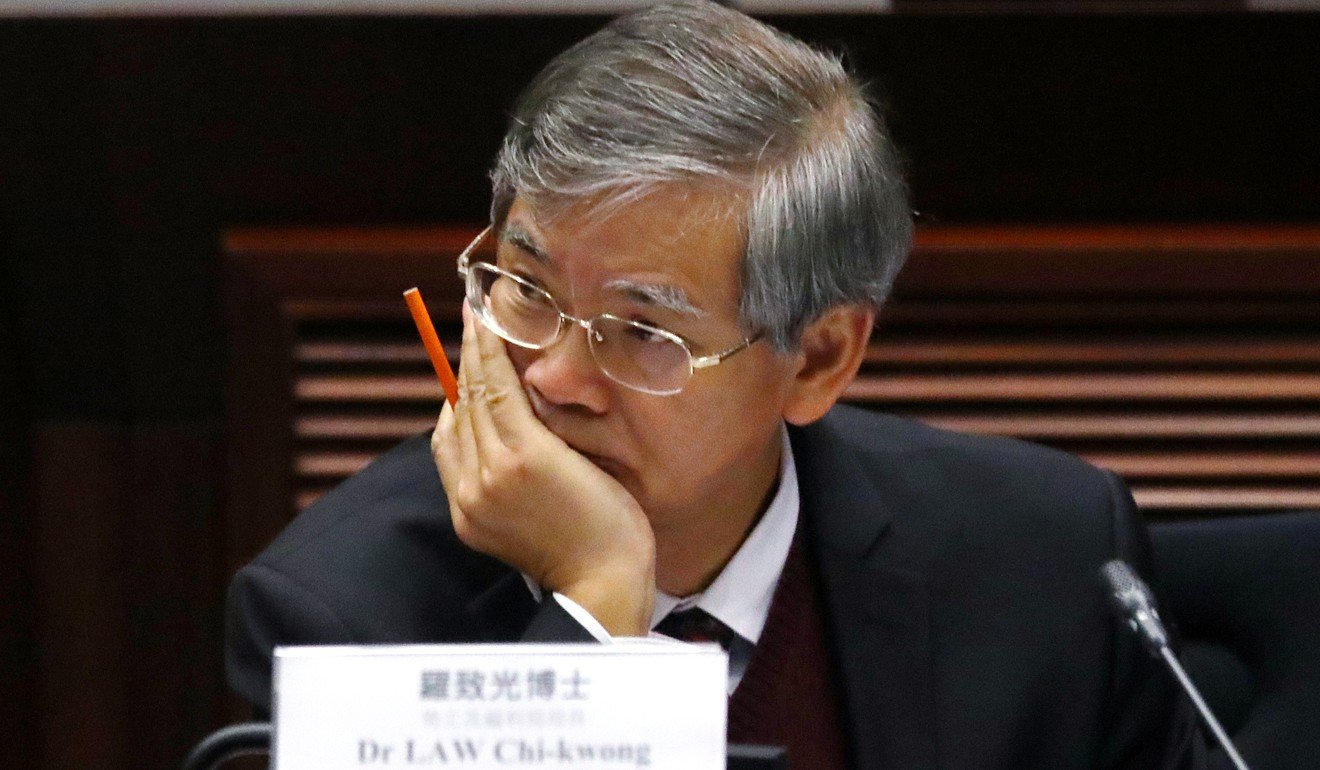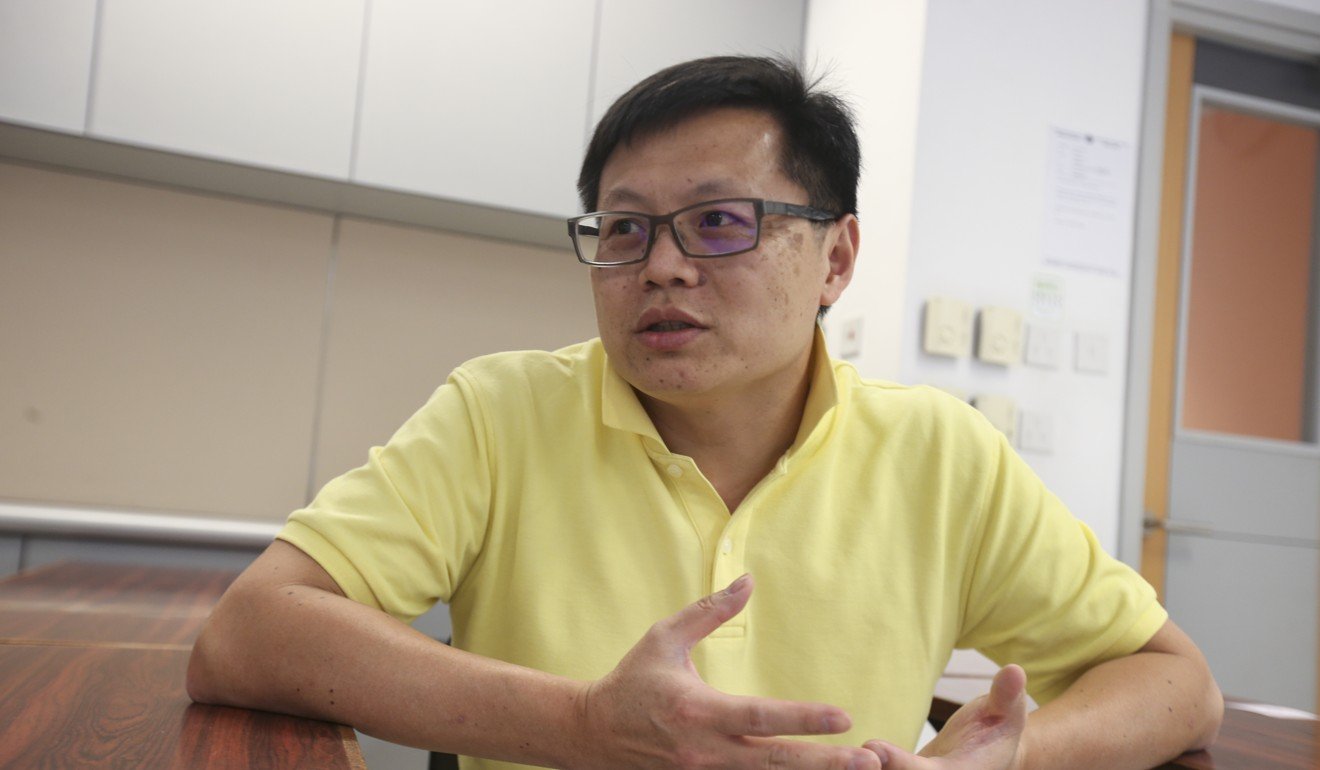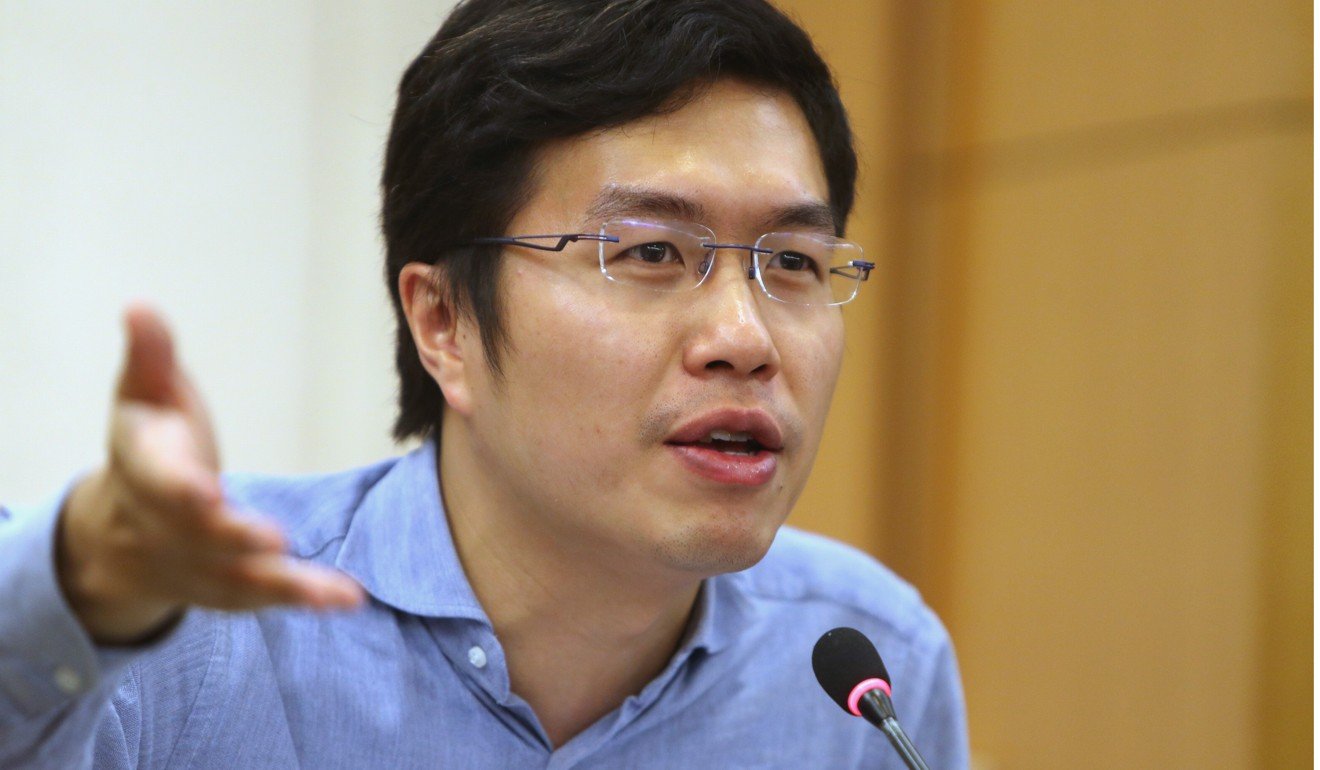
24,000 of Hong Kong’s poorest households set to get subsidy of up to HK$10,000 to help revamp subdivided flats
- Welfare chief Law Chi-kwong says the HK$290 million scheme is a better measure than providing rental support
- But critics say the proposal does not cover enough low-income families and will fail to ease hardship
Some 24,000 Hong Kong households that live in cramped, subdivided flats may get a one-off payment of up to HK$10,000 to revamp their homes rather than the more popular call of a rental subsidy to ease their financial burden, according to the welfare minister.
Law Chi-kwong on Sunday said the HK$290 million (US$37.2 million) plan to improve living conditions for needy families was a better measure than providing rental support, which would mainly benefit landlords.
But critics said the proposal did not cover enough low-income families and it failed to ease their hardship as it would only allow them to buy furniture and carry out home repairs.
Under the plan, low-income households would get the subsidy to improve their living environment, such as through carrying out minor improvements, buying furniture or equipment, and pest control services.

“In the past, there have been suggestions to provide rent, electricity and water subsidies for low-income households residing in subdivided units,” Law, the secretary for labour and welfare, said on his blog on Sunday.
“While these subsidies can temporarily relieve the financial pressure on tenants, most [of the allowances] will eventually become the income of the relevant landlords, so the government has always had reservations regarding these recommendations.”
The 2016 population by-census found that 91,800 households comprising 209,700 people lived in subdivided units in Hong Kong, the world’s most expensive housing market.
Poorest squeezed as rents for subdivided flats rise at double rate for other homes
The scheme, to be implemented by the Social Welfare Department and coordinated by the Hong Kong Council of Social Service, will tentatively begin in the second quarter of 2020 for two years. The Legislative Council’s home affairs panel will discuss the proposal on Monday.
The upper subsidy limits are HK$8,500 for one-person households and HK$10,000 for those with two or more people, according to a Legco paper.
The Home Affairs Bureau estimated 24,000 households would benefit with a total expenditure of HK$287.04 million. It did not explain how it came up with the number of households.
NGOs would vet applicants’ eligibility, and conduct home visits to assess living conditions.
Lai Kin-kwok, convenor of the Platform Concerning Subdivided Flats in Hong Kong, believed rent subsidies would be more helpful.

“Unless the piece of furniture is completely unusable, we can still make do with it, but if we do not have enough money for rent, we have to cut down on other expenses such as eating one less meal,” he said. “This plan is better than nothing only.”
He said the Community Care Fund ran a one-off living subsidy from 2013 to 2016, targeting low-income families who were not living in public housing or receiving Comprehensive Social Security Assistance, the city’s safety net.
In Hong Kong, racism hits minorities where they live
In its last year, 65,891 benefited from the scheme, with one-person households receiving HK$4,000, two-person households HK$8,000, and HK$14,000 for households of five or more.
Lai said there was a lot of support for the scheme to continue while the fund concluded there was no evidence to suggest landlords had particularly raised rents as a result of the subsidy.
But the subsidy was discontinued in 2017, with the fund citing insufficient justification to continue the programme with fewer relief measures in the 2016-17 budget than in the previous years.

The government had launched recurrent welfare programmes in recent years, such as the Working Family Allowance. But needy families complained about the complicated procedures.
Lawmaker Au Nok-hin, deputy chairman of the home affairs panel, said that while it was good to have the latest scheme, there was still a need to look at the issue more deeply, such as introducing rent subsidies. But he said the number of households that would benefit was too low, adding that if the government wanted to help, it should open the scheme to all such families.
Despite substandard living conditions and safety risks, rents of subdivided flats have been on the rise. According to Legco research, the median monthly rent for accommodation such as rooms, cocklofts and bed spaces rose 148.4 per cent from HK$1,610 in 2006 to HK$4,000 in 2016.
This outpaced the increase for private flats, where rents rose 81.8 per cent in the same period.
There was also a long waiting time for a public rental home, with the figure standing at 5½ years as of the end of March.

